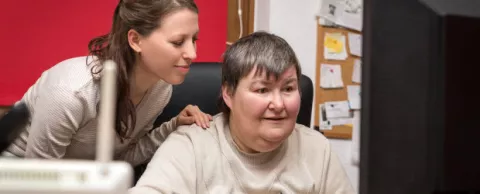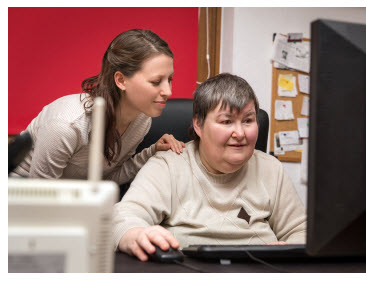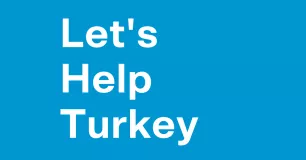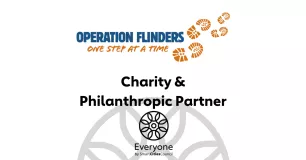
An estimated 15% of the world’s population, more than 1 billion people, lives with some form of disability. People with disabilities have poorer health outcomes, lower education achievements, less economic participation and higher rates of poverty than people without disabilities. That's according to a report from the World Health Organization and World Bank. As you'll read below, there are some signs of progress in leveling the playing field, though more are needed. – Liz Enbysk
In Charleston, SC the city recently hosted an Inclusion Summit to encourage local businesses to hire people with disabilities. In Ireland, activists are calling for attitude change after a new report found people with disabilities are four times less likely to be employed in the country. From Singapore comes a call for early integration of children with and without disabilities as a way to boost employment rates for people with disabilities.
What's clear from these examples is that society needs to change mindsets and find innovative ways to ensure people with disabilities are not left behind. And there are some signs of progress.
A win-win
In a post on the Cisco blog, Tae Yoo tells the story of a young hearing impaired man who grew up in Kibera, Kenya's largest slum. She knows his story because Cisco has offered its Networking Academy courses to hundreds
of Kenyans with hearing impairments. Wilson Nyabera is one of them.
He earned his Cisco CCNA certification and today works as a network engineer for an office automation and information technology company. Since entering the IT workforce, Yoo says, Wilson has moved to a better area in Nairobi, enrolled at St. Paul's University to pursue a bachelor's degree in business and information technology.
"With his salary," Yoo writes, "he is able to pay his mother’s rent and pay his younger sister’s school fees."
Yoo, who is Senior VP for Corporate Affairs at Cisco, says over the years Cisco's Networking Academy has benefited over 3,000 students with disabilities and the company has made a commitment to more than triple that number in the next five years.
"We believe that helping people with disabilities develop technical skills is a win-win," writes Woo. "It enables them to get jobs, build careers, gain personal independence and overcome cultural stereotypes. And, it can also build the pipeline of IT talent that organizations need to take advantage of the digital revolution and accelerate global problem solving."
Using emerging technologies
A Gartner report highlighted on the Diplomatic Courier site suggests that emerging technologies – for instance voice recognition and machine vision – will help people with disabilities enter the workforce.
The report also points out how mobile apps can help them once in the workplace. Examples include Talkitt, and app that translates impaired speech to recognizable speech and Aipoly, which uses artificial intelligence to help
people with visual impairments.
"Customer service reps, freelancers or claims processors are all high-growth job markets which could all be supported by now available accessibility technologies," stated Melanie Lougee, one of the authors of the report.
 High-tech hires
High-tech hires
Not all jobs in technology require engineers or coders, of course. There are a significant number of support roles. And with high growth in the industry, GeekWire reports many are finding talent in unexpected places.
Amazon and Microsoft, for example, work with a Seattle nonprofit that supports adults and children with physical and mental disabilities. Northwest Center provides more than 100 employees for Amazon who work in a range of jobs, from reception to helping other employees understand transportation benefits.
Microsoft, meanwhile, works with 13 local agencies, Northwest Center included, that serve people with disabilities. GeekWire says about 200 people from these agencies work in Microsoft cafeterias, warehouses and the like. Watch the video below as four of them, along with their families and job coaches, share their stories and discuss the impact Microsoft's Supported Work Program has had on their lives.
#CCEOST#



